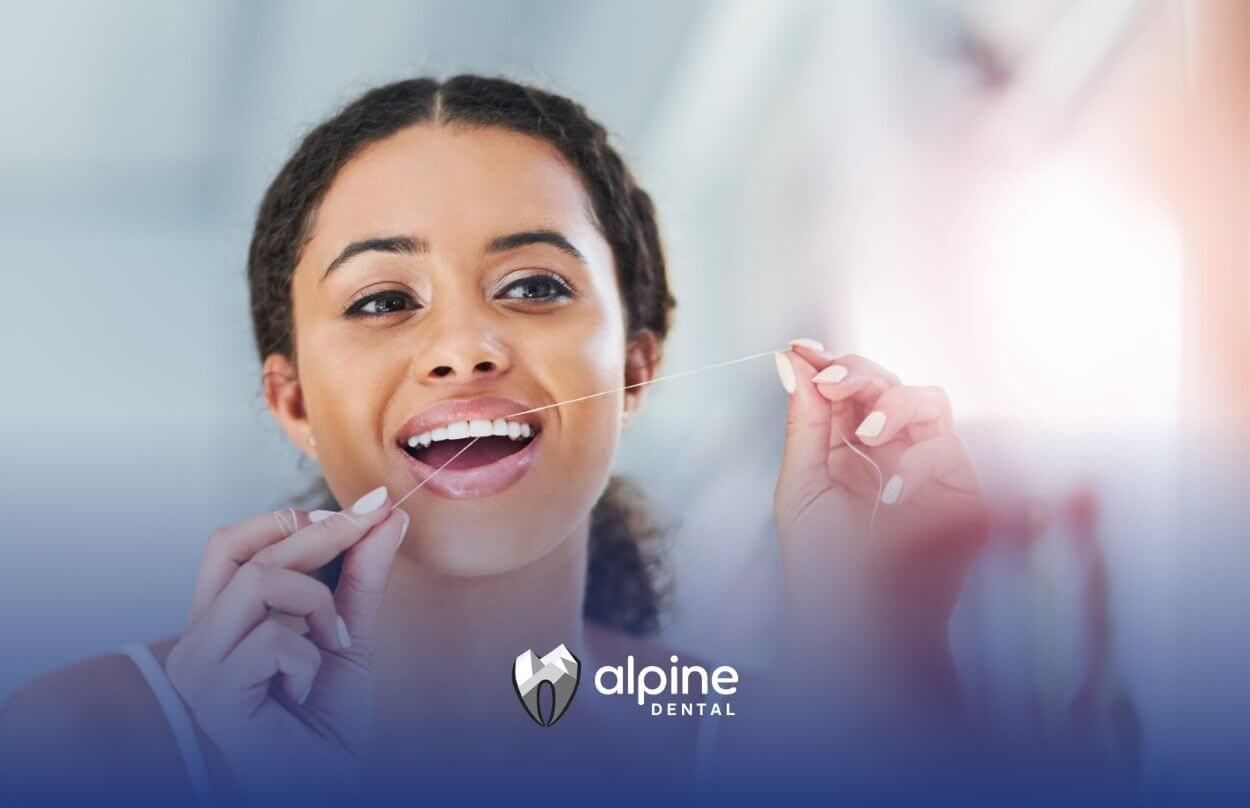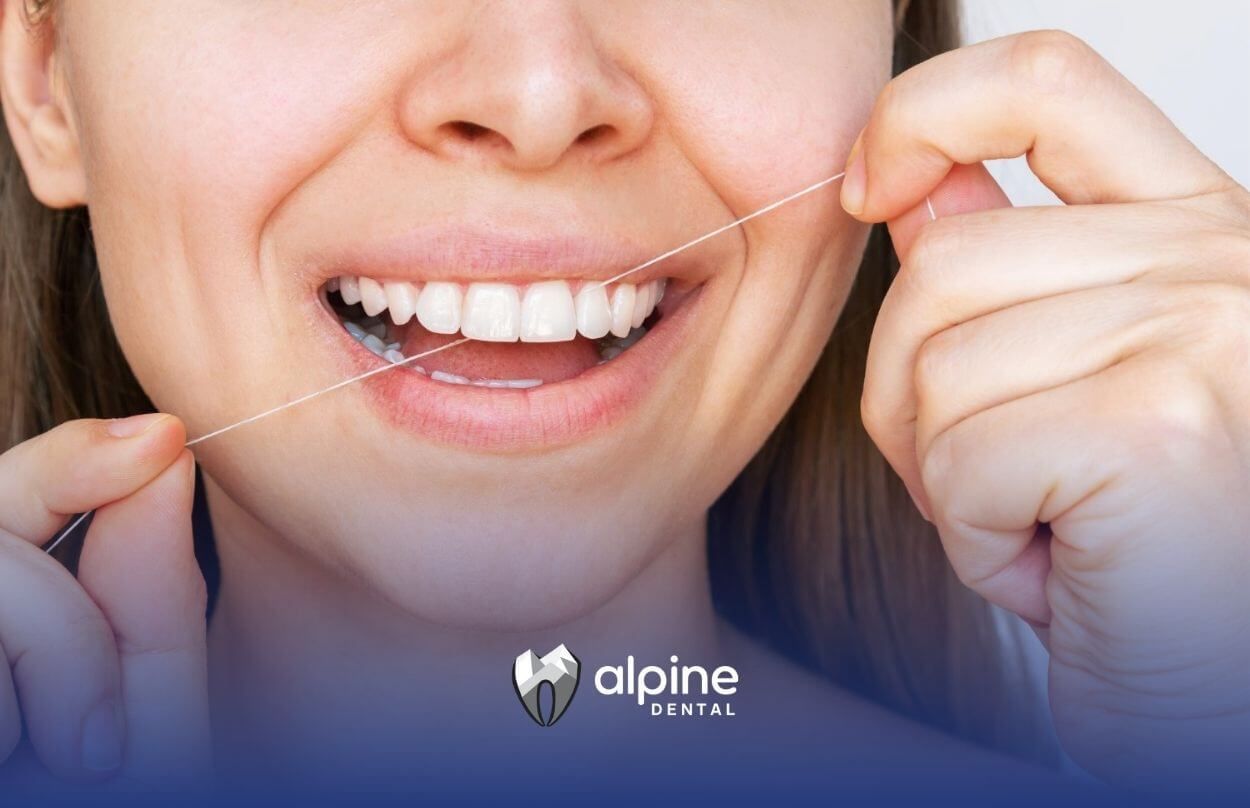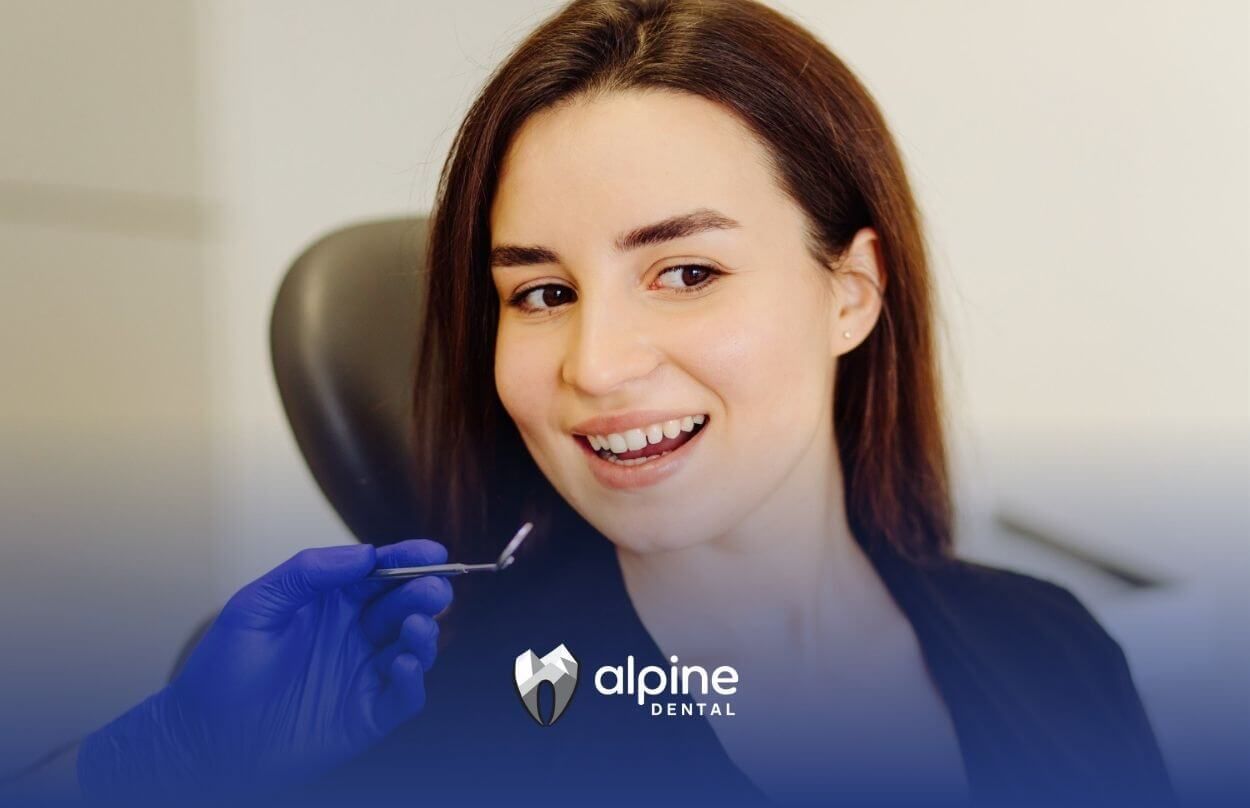Why Should You Avoid DIY Dentistry? Risks and Dangers
With the growing availability of online tutorials and at-home dental kits, DIY dentistry has become a tempting option for some people. From filling cavities to straightening teeth, it may seem like an easy, cost-effective way to address dental problems without stepping foot in a dentist’s office. But is it really a good idea?
In this article, we will dive into the dangers of DIY dentistry, exploring why you should avoid attempting dental procedures on your own. From the risks of improper treatments to potential long-term consequences, the importance of professional dental care cannot be overstated.
The Appeal of DIY Dentistry
DIY dentistry may sound appealing for several reasons:
- Cost Savings: Dental procedures can be expensive, and the thought of saving money by performing a treatment at home is tempting.
- Convenience: The ability to handle dental issues on your own, at home, and on your schedule, might seem convenient and time-saving.
- Misinformation: With countless online resources and tutorials available, it's easy to fall for false information that makes DIY dentistry appear safe and simple.
However, despite these apparent benefits, DIY dentistry can lead to significant risks and complications. Let’s explore why it’s essential to seek professional dental care rather than attempting to manage your dental health yourself.
The Dangers of DIY Dentistry
1. Risk of Infection
One of the most immediate dangers of DIY dentistry is the potential for infection. Infections can occur when you introduce bacteria into your mouth during a procedure. For example, if you're attempting to remove a tooth at home, you may expose the area to bacteria, leading to an infection that could spread to other parts of the body.
Infections can lead to serious complications, such as:
- Swelling
- Pus discharge
- Fever
- Bone loss
In the worst cases, untreated infections can lead to systemic issues, requiring urgent medical attention.
2. Injury or Damage to Surrounding Teeth
Attempting to fix a dental issue yourself, whether it's filling a cavity, pulling a tooth, or straightening teeth, can cause unintended damage to surrounding teeth. If you apply the wrong amount of pressure, use improper tools, or misapply treatments, you could easily break or fracture other healthy teeth.
For example, pulling a tooth without the proper technique could cause the neighboring teeth to shift or become damaged. This could complicate an otherwise simple problem and require more extensive dental treatment later.
3. Incorrect Diagnosis and Treatment
One of the most significant risks of DIY dentistry is the potential for incorrect diagnosis and treatment. What may seem like a minor issue, such as a toothache or mild discomfort, could actually be a symptom of something more severe. Without the proper training and diagnostic tools, you may misdiagnose a dental issue, leading to incorrect or inadequate treatment.
For instance, a toothache could be a sign of a cavity, an abscess, or gum disease. If you treat it as something simple like sensitivity, you could delay necessary care, allowing the problem to worsen over time.
4. Long-Term Damage
Certain dental procedures, such as tooth extraction, require specialized techniques and knowledge to avoid damaging the surrounding tissue, nerves, and bones. When performed incorrectly, these procedures can lead to long-term damage that could affect your oral health permanently.
For example:
- Misaligned teeth caused by incorrect DIY braces can lead to improper bite and jaw alignment issues.
- Using non-dental-grade materials for fillings or bonding can result in discomfort, decay, and even more severe damage to the tooth.
In many cases, the damage caused by DIY dentistry may require professional intervention to repair, and the cost to correct these issues could far exceed the cost of seeking professional care in the first place.
5. Lack of Proper Sterilization
Dental procedures require proper sterilization techniques to avoid contamination and ensure that your oral health is not compromised. DIY dentistry rarely involves the same level of sterilization and safety measures that dental professionals are trained to follow. Using unclean tools or materials can introduce bacteria into the mouth, leading to infections, abscesses, and other serious conditions.
Professional dental offices maintain a sterile environment and use specialized tools that are designed for safety and effectiveness, ensuring that the risk of infection is minimized.
Common DIY Dentistry Practices and Why They’re Dangerous
1. At-Home Tooth Whitening
Many people attempt to whiten their teeth using over-the-counter products or homemade solutions, such as baking soda or lemon juice. While these methods may temporarily improve the appearance of your teeth, they can damage the enamel over time, leading to increased sensitivity and even decay.
Professional whitening treatments are safer because they are performed by dental professionals who can ensure that the procedure is done correctly and safely.
2. DIY Fillings
Filling cavities at home using DIY kits is another dangerous practice. These kits may not provide the necessary seal to protect the tooth from bacteria, and the materials used may not bond properly to the tooth, leading to further decay.
Only a dentist can properly clean out a cavity, apply the appropriate filling material, and ensure the filling stays intact for long-term oral health.
3. Teeth Straightening
DIY braces or teeth straightening kits are becoming increasingly popular, but they come with significant risks. Attempting to move teeth without professional supervision can lead to misalignment, jaw issues, and even tooth loss. Improperly fitted braces or aligners can damage the enamel, gum tissues, and nerves, causing irreparable harm.
Professional orthodontic treatment is the safest option for achieving a straight smile without risking long-term damage.
4. At-Home Tooth Extraction
Tooth extraction should never be attempted at home. Not only can it cause significant pain, but it can also result in complications such as infections, broken teeth, or damage to surrounding tissues. The risk of incomplete extraction is also high, leaving roots or fragments of the tooth behind, which could lead to infections and other complications.
Why Professional Dental Care is Essential
While DIY dentistry may seem appealing due to lower costs and convenience, the risks involved are far greater than any potential savings. Dental professionals undergo extensive education and training to provide safe, effective care that ensures your long-term oral health.
Here are a few reasons why professional dental care is essential:
- Expert Diagnosis: Dentists can properly diagnose the underlying cause of your dental issue, ensuring that the right treatment is applied.
- Precise Treatment: Dentists have the right tools, knowledge, and experience to perform procedures with precision and care.
- Safety: Dentists follow strict sterilization protocols and adhere to safety standards to ensure that your dental care is both effective and free from contamination.
Conclusion
DIY dentistry may seem like a cost-effective or convenient solution, but it comes with serious risks that can jeopardize your oral health. From the potential for infection to long-term damage, DIY procedures are rarely worth the risk. The best course of action for any dental problem is to seek professional care from a licensed dentist.
If you’re experiencing any dental issues or simply need a routine checkup, don’t hesitate to schedule an appointment with a professional. Alpine Dental provides comprehensive dental care for individuals of all ages, ensuring that your oral health is in expert hands.
Frequently Asked Questions
Can DIY teeth whitening cause damage?
Yes, using DIY teeth whitening products or homemade solutions can damage enamel, leading to increased sensitivity and potential long-term issues.
Is it safe to use DIY braces to straighten my teeth?
No, DIY braces can cause severe damage to your teeth, gums, and jaw. Professional orthodontic treatment is the only safe way to straighten teeth.
What should I do if I have a dental emergency?
If you have a dental emergency, contact a dentist immediately for proper care and treatment. Do not attempt to treat the issue yourself.
Sources:
- https://www.colgate.com/en-us/oral-health/mouth-sores-and-infections/eight-common-oral-infections
- https://www.cdc.gov/dental-infection-control/hcp/summary/sterilization-disinfection.html
- https://www.healthline.com/nutrition/whiten-teeth-naturally
- https://www.ncbi.nlm.nih.gov/books/NBK578298/




